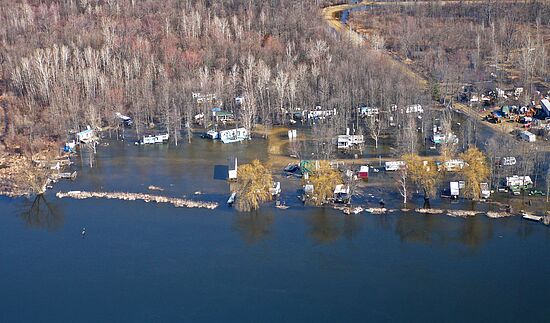Almost 70 years of successful watershed management in Ontario is threatened by legislative changes to both the Conservation Authorities Act and the Planning Act as proposed by the Province through Schedule 6 of the Ontario Budget Bill 229. And this makes a lot of Ontarians concerned and even angry – or so we’ve found out over the past three weeks.
Despite the struggles and challenges that we’re facing with a pandemic that seems to be growing, a lot of Ontarians have taken the time to come out in full force – virtually – to fight for Ontario’s environment. They’ve gotten on computers and phones, connected with colleagues, friends and families. They’ve taken the time to learn about the issues – which are pretty complex – and then do something about it. I can tell you that your conservation authorities (CAs) are very appreciative of this strong show of support.
There has also been a call from our municipal, environmental and watershed partners for the Province to repeal the changes and sit down with municipalities and CAs to find workable solutions.
It’s true that the Ministry of Environment, Conservation and Parks met with all CAs in the fall of 2019 and then held regional multi-stakeholder consultation sessions in the first quarter of 2020. These broad consultations did not prepare us or Ontarians, in general, for the specific and significant amendments proposed to the Conservation Authorities Act and Planning Act in Schedule 6. We are asking the Government to withdraw Schedule 6 because these are not administrative budget-related amendments but rather are significant amendments impacting public policy and for which adequate and specific public consultation has not occurred. These proposed amendments are deserving of the sober second thought provided through specific consultations and then debate in the Legislature.
Conservation authorities are proud of the watershed-based approach used in Ontario. They have well-established working relationships with the majority of municipalities who appreciate the collaborative nature of our planning processes and the science and watershed expertise that CAs bring to the planning tables.
Ontario has years of local watershed science collected by CAs, their partners, landowners, universities, and even citizen scientists. This information is used to help inform decision-making about where to put development, how to protect water quality and quantity, as well as how to conserve, restore and rehabilitate important natural systems such as forests, wetlands, soils, escarpments, moraines and lakes.
Here in Ontario, we use local watershed science to make decisions to protect people and property from flooding and to identify issues upstream before they become expensive problems downstream. We understand that growth and a healthy environment can co-exist – in fact, they must.
We value the long-standing partnerships among the conservation authorities, the Province and municipalities so we don’t make this request lightly. Our working relationships are central to ensuring that we protect people from flooding and natural hazards, protect drinking water sources, and deliver watershed-based programs that will conserve Ontario’s natural resources.
Conservation authorities and their partner municipalities deserve a respectful and meaningful conversation about the significant changes proposed by the Province in Schedule 6 before they are implemented and we think we’ve all heard that message loud and clear. It’s time for sober second thought.
Author: Kim Gavine, General Manager, Conservation Ontario
